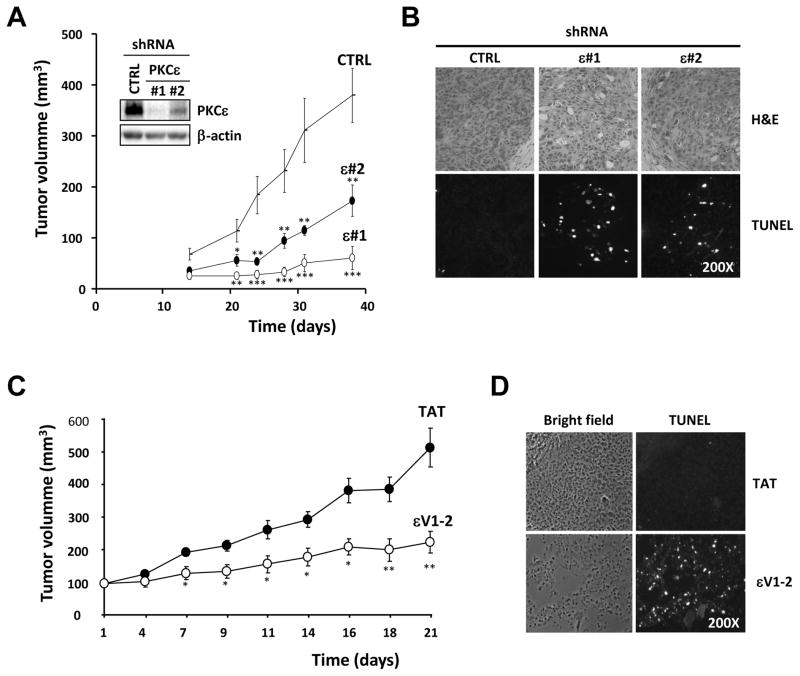Fig. 2. PKCε is required for NSCLC tumor growth in athymic nude mice.
A) H358 cells expressing shRNA control (CTRL) or PKCε (ε#1 and ε#2) at 80% confluency were resuspended in serum-free medium, and then 0.1 ml containing 5 ×106 cells were injected s.c. into the flank of male athymic nude-Foxn1nu mice (Harlan Laboratories). The width and length of tumors were measured with a caliper at different times, and tumor volume calculated as Vol=π x width2 x length/6. Inset, PKCε levels at the day of inoculation. Data are expressed as mean ± S.E.M. (n=10). *, p<0.05; **, p<0.01; ***, p<0.001. A second experiment gave similar results. B) Tumors were removed and processed for immunohistochemistry, 15 days post-inoculation. Upper panels, H&E staining, lower panels, TUNEL labeling. C) H358 cells were injected s.c. in the flank of athymic mice (5 ×106 cells/mice). When tumors reached ~100 mm3 (~ 20 days post-inoculation) animals were randomized into two groups and subject to treatment with either control carrier peptide (TAT) or εV1-2 with TAT (18 mg/kg/day). Peptide delivery was achieved by weekly subcutaneous implantation of osmotic minipumps in the opposite flank. Tumor volume was expressed as the mean ± S.E.M. (n=8). *, p<0.05; **, p<0.01. A second experiment gave similar results. D) Tumors were removed 15 days after the beginning of treatment and stained for TUNEL.

